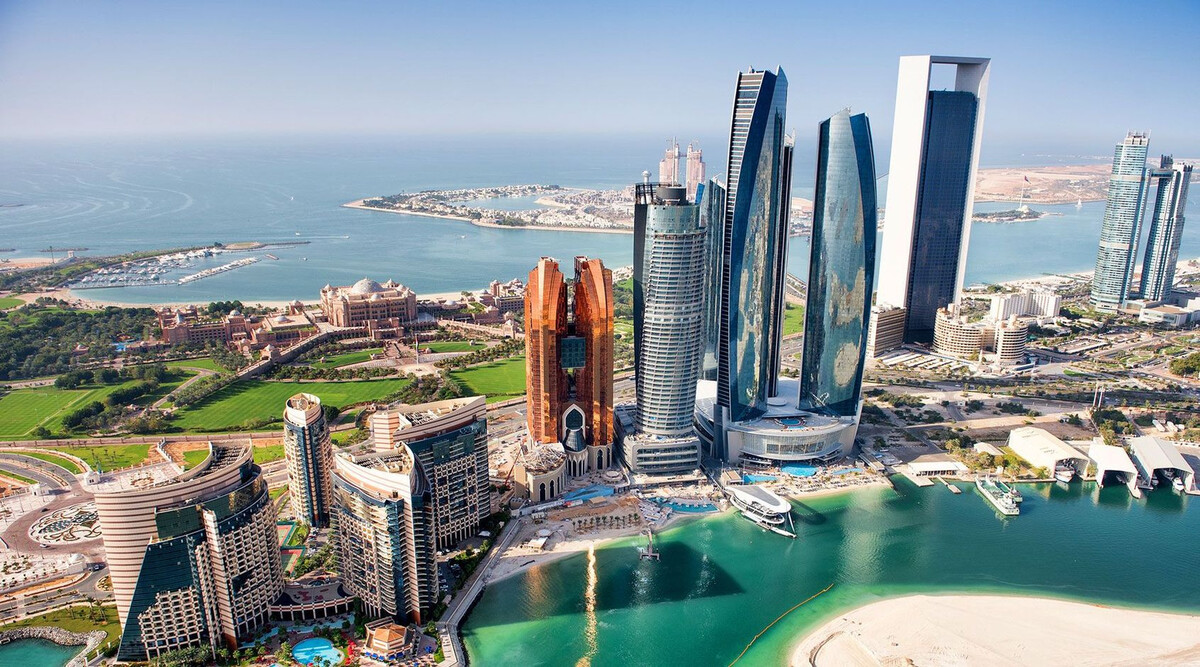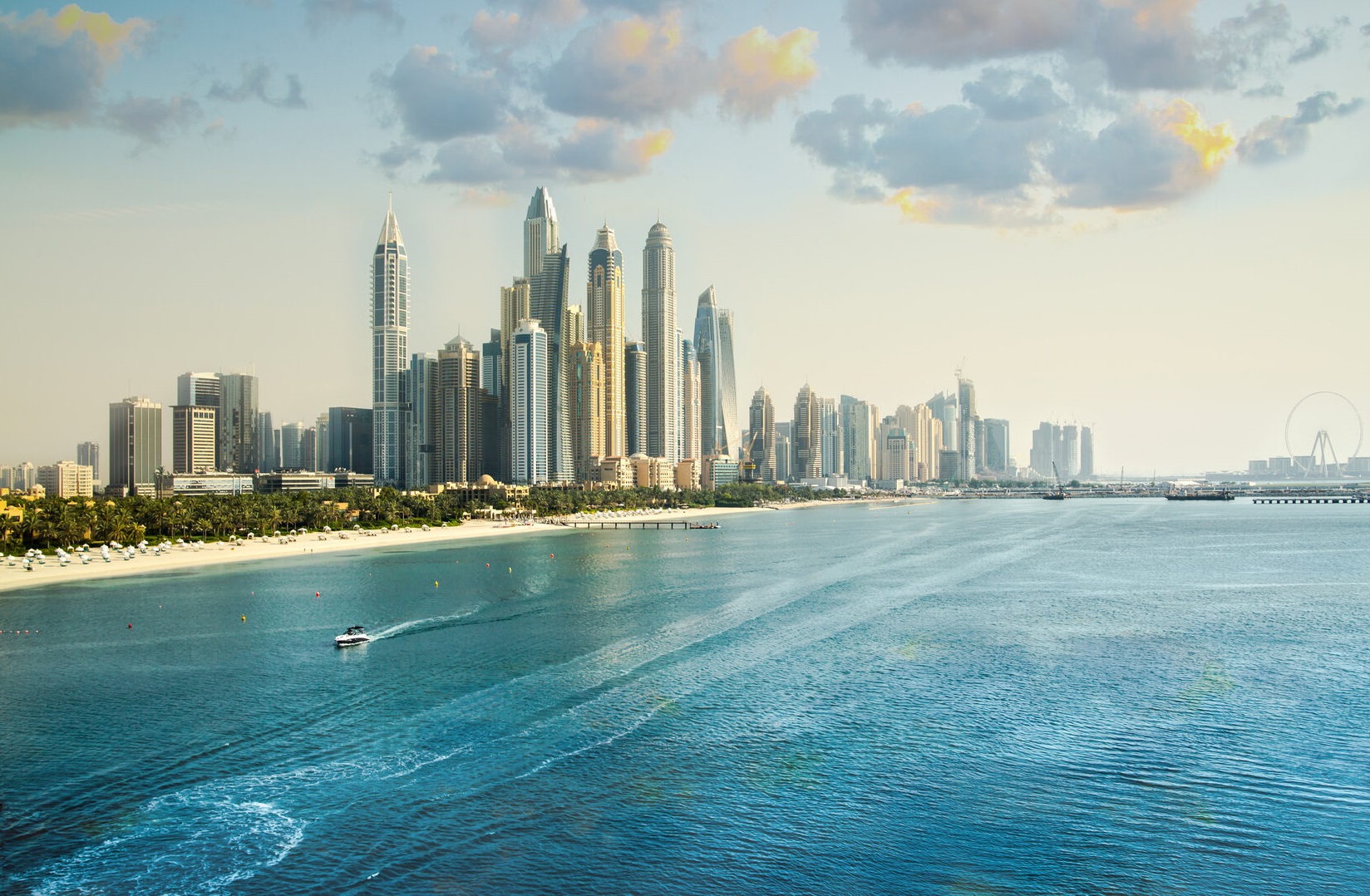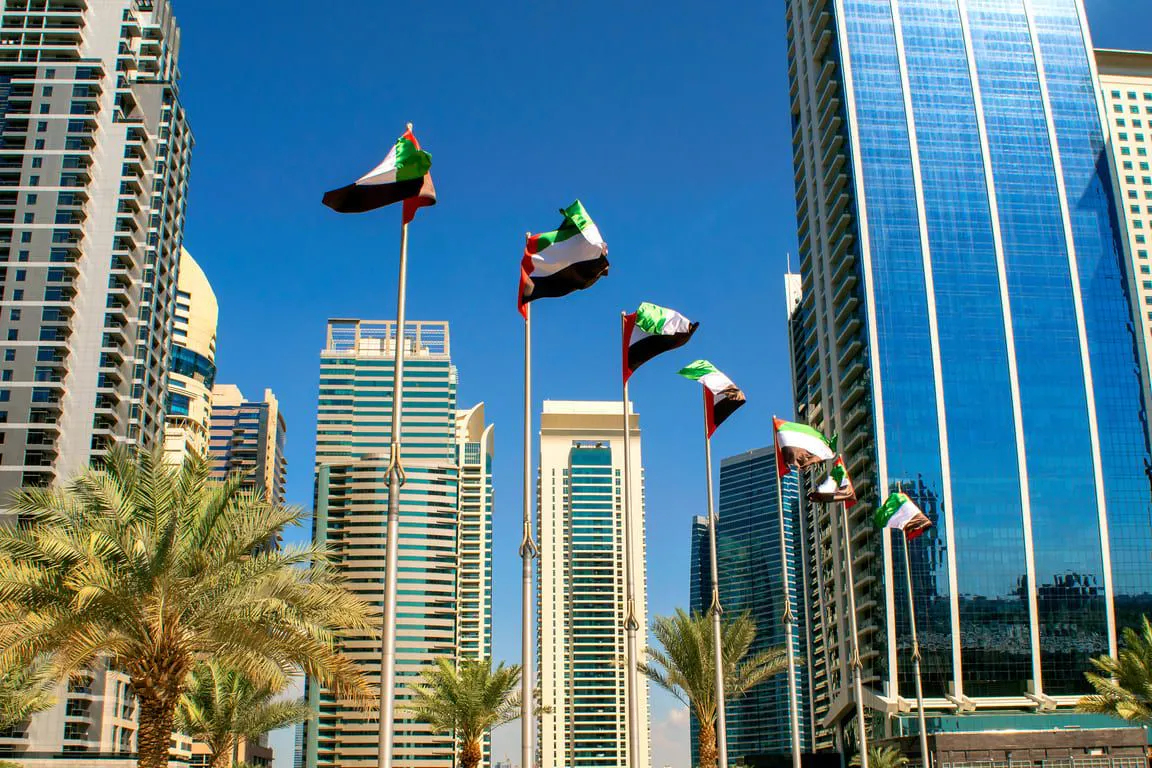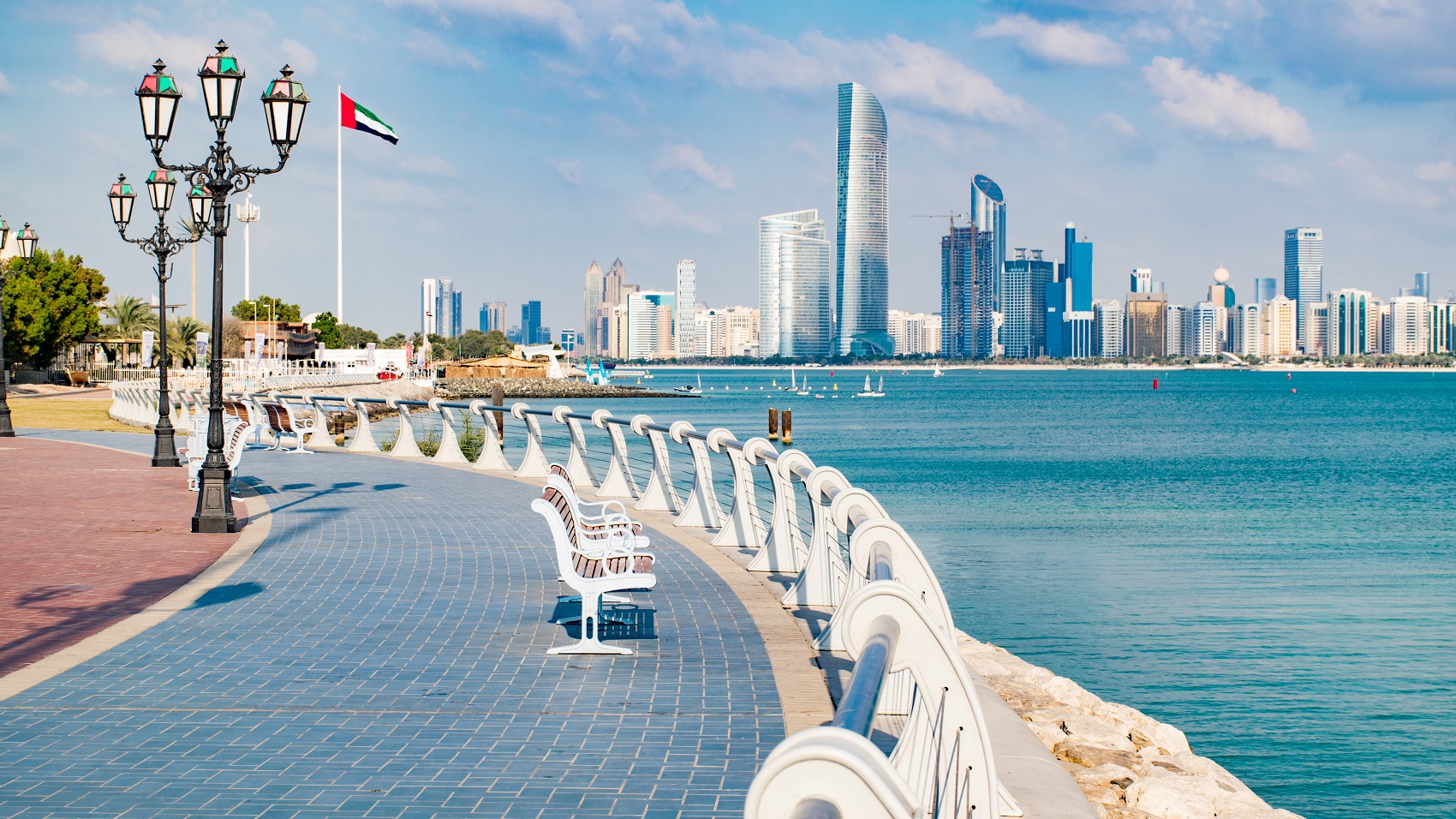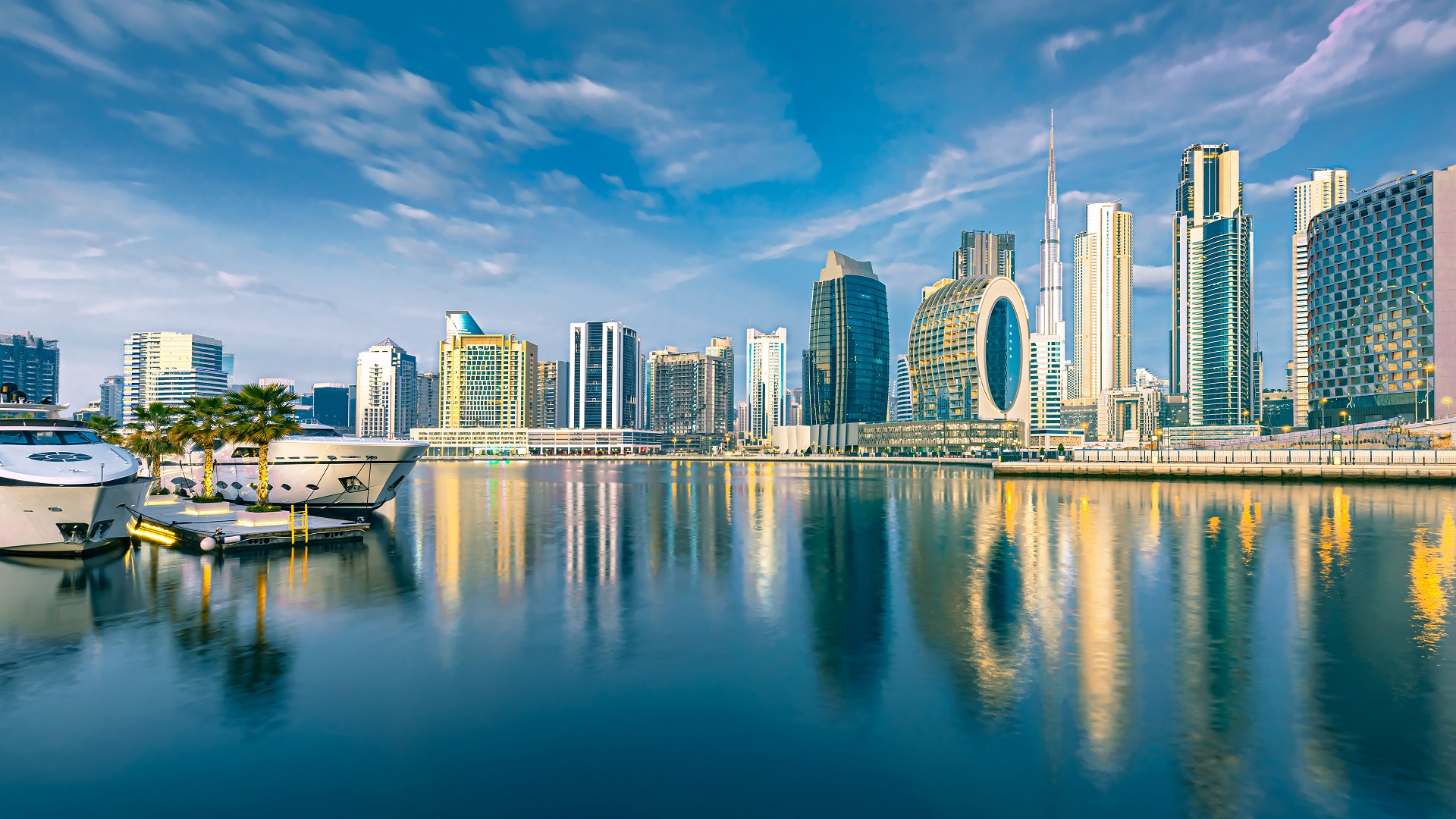Reducing the tax burden is an urgent task for any businessman. Its solution allows you to optimize the costs of the company’s work and receive greater profits, making it possible to use the saved funds for your development. You can do this legally by registering a business in a low-tax country or a tax-free jurisdiction. We analyzed the legislation of dozens of countries. We gave you a short overview of tax-free countries and loyal tax policies so that you know about the existing prospects for optimizing tax costs.
Low-Tax Сountries

Among the countries with a loyal tax system, we include states that create favorable conditions for developing businesses for companies owned by foreign owners (shareholders). They can pay most taxes at a zero or lower rate than in other countries.
United Arab Emirates
In the UAE, a foreign businessman who is a country resident is exempt from paying most taxes permanently or for an extended period. The following activities are not subject to tax:
- Income of individuals.
- Capital gains.
- Dividends.
- Income from foreign sources.
- Luxuries.
From June 1, 2023, the UAE introduced a corporate income tax at a rate of 9%. It is provided for companies and enterprises whose yearly income exceeds 375 thousand dirhams. At the same time, corporate tax is not imposed on income from qualified activities of companies registered in free zones. UAE legislation provides a special income tax rate for large multinational companies with special business conditions.
If the company is registered outside the free zone and has an annual profit of more than 375 thousand dirhams, it has to pay 5% VAT in the UAE.
Hong Kong
Hong Kong is an administrative region of China with preferential taxation. You don’t have to pay the following:
- VAT.
- Capital gains and dividend taxes.
- World income tax.
- Tax on interest on deposits.
Registering a business in this jurisdiction opens access to the Asian market.
Singapore
Although Singapore is not a country without an income tax, there are benefits to paying it. At the same time, non-residents pay personal income tax at a lower rate than residents. In addition, the following points are not subject to taxation in this country:
- Dividends to company shareholders.
- Capital gains.
- Income from sources outside the state.
Corporate income tax is low compared to other countries — only 17%.
USA
The tax system in the United States is quite complex, and each state has its laws. Despite the high taxes, you can find a jurisdiction here that will have a low-income tax and provide tax holidays for an extended period, especially for startups and companies in the IT industry. Representatives of medium-sized businesses and farms receive many preferences and tax benefits in the United States.
Under certain conditions, if you register a company in the state of Nevada or Delaware, which are essentially internal offshore companies, you can reduce the payment of taxes to a minimum.
Cyprus
The taxation system has many attractive aspects for foreign companies registered in Cyprus. They are the following:
- Exemption from paying several taxes for businessmen who do not reside permanently in the country.
- Low corporate income tax (12.5%) is less than in other EU countries.
- The availability of tax benefits on interest on deposits, profits, dividends, and VAT for legal entities, especially those with business relations with non-residents.
Tax-Free Countries

Tax-free countries are classic offshores, where non-resident companies that do not carry out business activities on the territory of these states are provided with a preferential tax regime without any taxes.
Bahrain
This state does not tax the income of individuals, there are no taxes on capital gains, dividends, interest, royalties, and property, and legal entities do not pay corporate income tax. The VAT rate in Bahrain today is 10%. It applies in most cases, but some goods and services are exempt from this tax. At the same time, the employer pays municipal tax and social contributions.
Bermuda
One of the oldest offshores where the world’s largest corporations are registered — Bermuda — does not have most taxes available in other countries:
- Income tax of resident and non-resident legal entities.
- Taxes on dividends, royalties, and interest.
- Capital gains tax.
In addition, you can obtain tax immunity from the government until March 31, 2035.
Monaco
The Principality of Monaco is a tax-free country that is considered today one of the most prestigious jurisdictions for foreign business. Moreover, preference is given to companies whose turnover is more than ¾ focused on the domestic market. They are free from the following:
- Corporate profits.
- Capital gains.
- Investment income.
- Dividends.
The country has no tax for freelancers or luxury goods, and individuals (except for French citizens) have not paid income tax since 1869.
Vanuatu
This Pacific country has favorable tax conditions for foreign investors. For individuals, there are no taxes on income, capital gains, and inheritance, and legal entities pay only VAT of 12.5% and contributions to the pension fund of 6%. Companies registered in Vanuatu are exempt from paying taxes for 20 years but pay an annual fee of $300.
Jersey Island
Jersey is one of the European offshore zones. As in other tax-free countries, businesses get favorable tax conditions. Legal entities registered on the island pay only sales tax — an analog of VAT (5%). The following activities are not subject to tax:
- Corporate profits for most activities.
- Withhold income (for non-resident companies).
- Capital gains.
Individuals pay an income tax of 20% and social contributions to the employer.
How to Register a Business for a Foreigner

Registering a company with a loyal tax climate or a tax-free jurisdiction is insufficient to know which country has no taxes. It is also necessary to understand the laws of different countries and the peculiarities of developing business on their territory to take full advantage of the benefits a particular country provides. Take into account the following factors:
- Type of business.
- The organizational and legal form of the legal entity that you prefer.
- The number of shareholders of the company, their place of residence, and country of residence.
- Preferred type of financial and banking services.
- Planned cash flows.
- Business development plans and other nuances.
Our article is for informational purposes only, and to get detailed legal advice and assistance in registering a business in a low-tax or tax-free country, contact the specialists of Dynasty Business Adviser!


